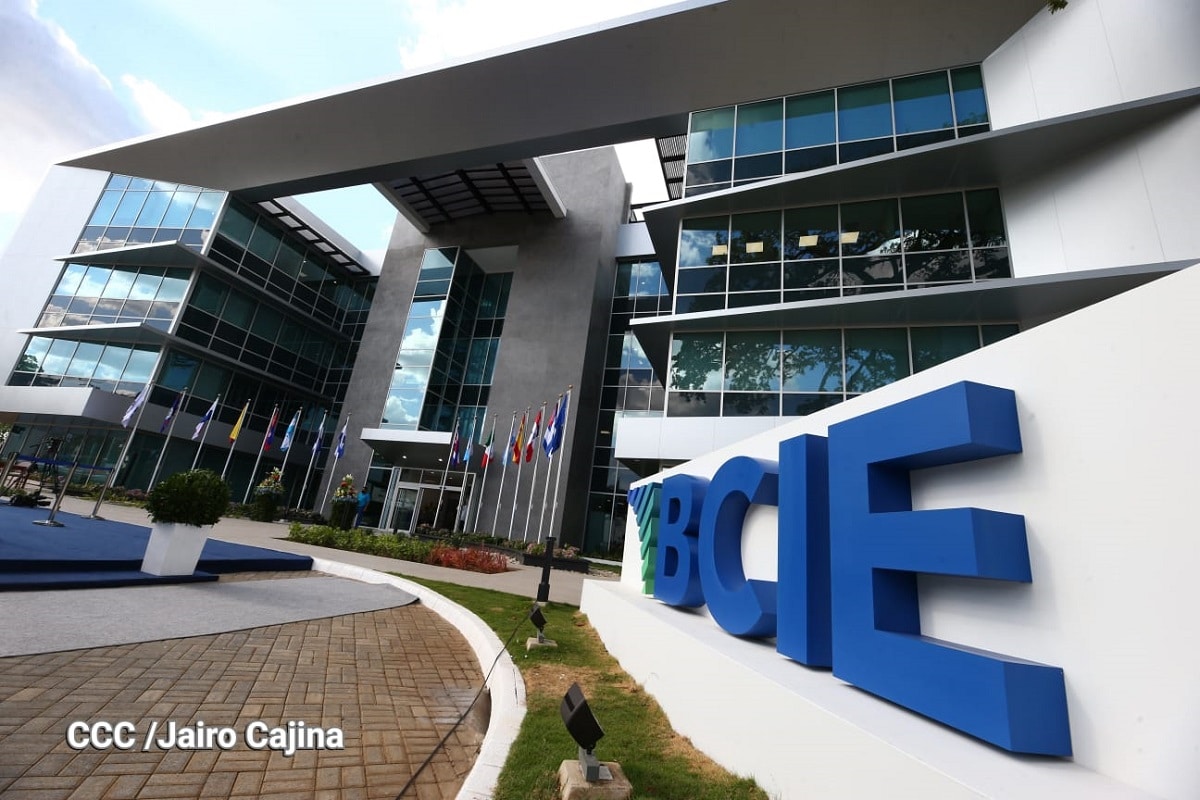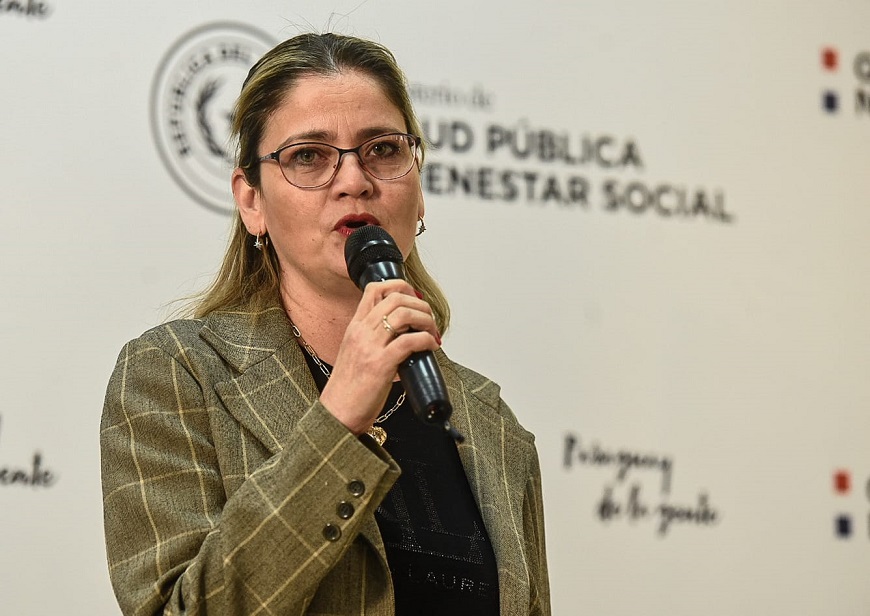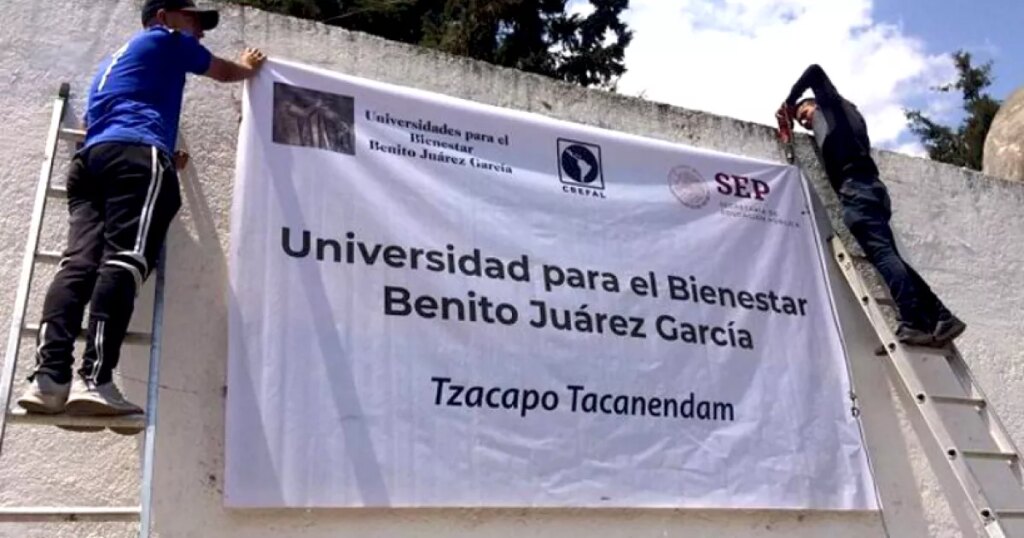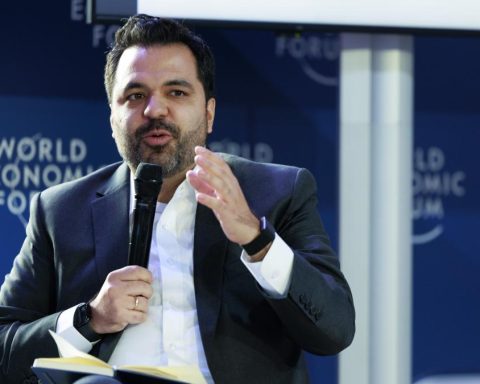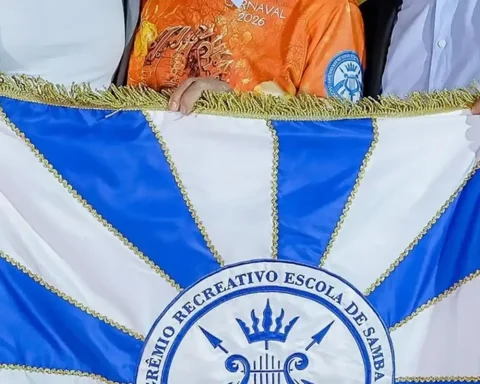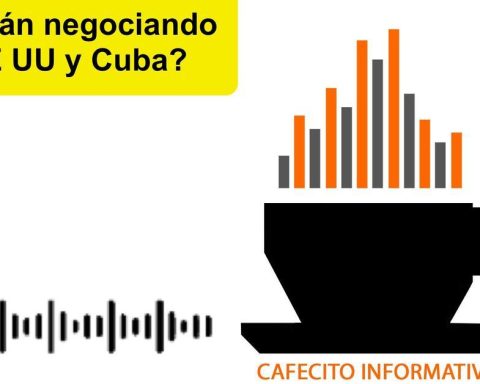The Administration of Daniel Ortega and Rosario Murillo handle international cooperation resources with little transparency. Not only because that is his ‘style’, but also because many of the entities that lend money to the regime, They do little to ensure that Nicaragua complies with the clauses that condition each donation and each loan..
That is one of the main conclusions of the study: “Dictatorial Radicalization in Nicaragua… from repression to extremism?” Nicaraguan political scientist Manuel Orozco, researcher at the Inter-American Dialogue, based in Washington, who believes that the president of the United States, Joseph Biden, should use the powers conferred on him by the Reborn Law.
Section 4 of that law stipulates that the authorities of that country must increase the scrutiny of any loan or financial or technical assistance provided to Nicaragua, and stop the disbursement of existing loans with the Inter-American Development Bank (IDB), the World Bank , or the International Monetary Fund (IMF), and recommend that the countries of the isthmus do the same with the Central American Bank for Economic Integration (CABEI).
“The Government of Nicaragua has failed to comply with all the clauses on social inclusiongender, environment, corruption and anti-money laundering practices, which are part of all the loan contracts that the regime signs,” Orozco explained.
The document states that “the democratic deterioration of Nicaragua represents one of the greatest challenges for the Latin American and Caribbean region”, and makes five recommendations to the international community “to increase the proportional response to the prevailing impunity” in our country.
The list includes “continue and increase sanctions that lead to greater scope and precision for those who facilitate repression and corruption”; that providers of funds monitor the use of these resources and demand greater transparency; “encourage international mediation and continue multilateral pressure in international forums; recognize the presence of the diaspora as a civic subject”, and implement the Reborn Law.
Orozco focused on recommending the control of external resources, because the government has used them “as a means of sustaining the repressive apparatus. For the Government of Ortega and Murillo, obtaining external financing has made it possible to complement a long-term support strategy, buying favors in the short term and maintaining fiscal discipline in the long term, managing to stretch loan resources for harder years.”
Always focused on external indebtedness, he pointed out that “while donations have declined as a result of the country’s repressive system, including the gradual closure of external cooperation, the regime has expanded its indebtedness, reaching almost 60% of national income.” The remittances (through the collection of VAT), and taxation of formal companies, are the other two major sources that allow sustaining public spending, he explained.
Threatening to collect more
“The tax extortionreveals the dark side of the economy of the dictatorship”, warned Orozco, affirming that “the tax penalty to which companies and businesses are subjected are a source of repression for them and of relief to the regime. In addition to the contribution of remittances to tax revenue, it is seen that income on rent has grown as a result of extortion, pressure, and intimidation”.
Despite the fact that small businesses do not have sufficient access to credit, “the ‘Christian, socialist and supportive’ government continues to use official and unofficial tax extortion by visiting businesses, with threatening messages to microentrepreneurs, notifications of business cancellation or multimillion-dollar fines that are unpayable”, from which it turns out that the taxes of the companies went from 40% in 2017, to 52% of the total in 2022, in a scenario where the Bankruptcy of more than 40,000 businesses.
In the end, the growth of taxation is explained by the State policy that generates migration and extort companieswith which the income of the State grew from USD 2,000 million in 2019, to USD 2,800 million in 2022. “70% of this growth is financed with remittances and income taxpredominantly small businesses,” Orozco warned.
The rest includes foreign debt largely financed by CABEI. That indebtedness “in global terms represents a high percentage of the country’s GDP and national income, which has increased exponentially since the crisis”, without benefiting citizens, but rather “the failed system led by Daniel Ortega and Rosario Murillo”, he added.
The growth of that debt occurred ignoring the “coherence between democratic commitment and external financing,” explained the expert. These institutions are “risking their reputation and commitment to development, in exchange for granting implicit and sometimes explicit complicity to the regime. The international community must press for the regime’s commitment to the country’s economic and human development, since external financing is not directed at social priorities”, nor reaching those who really need ithe asserted.
More debt, to promote itself, and repress
In addition to the origin of the resources, the other element is the use that has been given to it. “For the United States, and other international actors, this external indebtedness is perceived as a political vehicle” because “it has not been consistent with the national development plans, whose primary focus is social development,” and instead, “it was redirected to public works at a time of social crisis,” he illustrated.
Citing data from the National Plan for Human Development 2017, and the General Budget of the Republic for 2021, Orozco noted that state investment for public works doubles, going from 29% in 2017 to 58% in 2022 and how, in the same period, the budget for the Police and Defense went from 3.7% and 2.7% of spending, to 10.6% and 3.2% respectively.
This is possible because the Government increased its dependence on external resources, by financing more public investment with debt from multilaterals, at a rate that went from 46% in 2017 to 68% in 2022, where the CABEI, whose importance as a fund provider, goes from 21% to 47%. Other entities such as the IDB and the World Bank maintain their support in areas outside the National Development and Health Plan.
The researcher also highlighted how the amounts remain high, despite there is no transparency in the rendering of accounts on these loans, and that financial institutions do not provide sufficient information on the execution of their own clauses. In 2017, CABEI and the IDB granted loans for USD 241.2 million. The amount rose to 490.0 million in 2021, and another 208.2 million in 2022.
Orozco consulted CABEI officials to obtain information on these loans, “and the response was that they would consider responding in two months. The findings of these loans show a systemic lack of transparency to the extent that there is no information in real time or at least in a reasonable period from the borrowing entities, especially CABEI.
Add to this that “the lack of access to information by the Nicaraguan regime leaves the social audit that all public policy must have without possibilities, especially international loans that must be amortized by future generations.”
